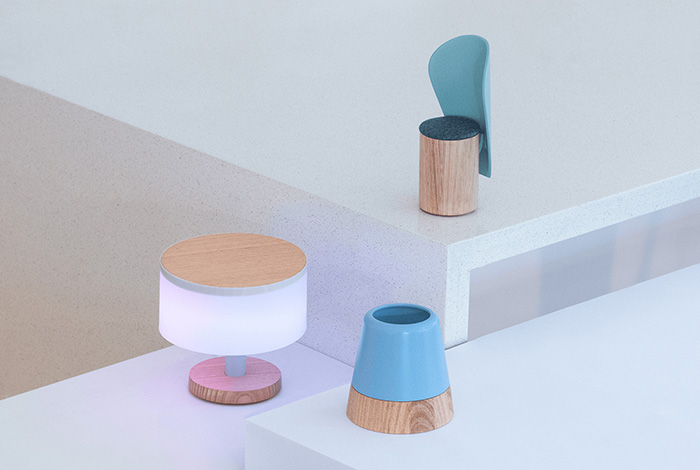The rapid inclusion of technology into every moment of our lives is a concerning phenomenon, but it also presents opportunities to be explored in this project. Project ToI proposes different ways of interacting with digital products, in the pursuit of healthier relationships with technologies.
Early research revealed that the main way we interact with data and technology is through electronic screens - from smartphones, laptop monitors, and smartwatches - this propelled this project towards exploring alternative modes of interacting with data, engaging with other senses through diverse forms of interaction.
The project then focused on exploring the potential of the Internet of Things (IoT) phenomenon to create smart living spaces and enable everyday objects with intelligent capabilities. While the idea of a more connected life sounds promising, it also raises practical questions: is a WiFi-enabled toaster really necessary? ToI was designed with a clear purpose in mind - to justify its role in our daily lives and seamlessly integrate into our routines. The ethos driving ToI's development was to ensure that it becomes an unobtrusive and valuable addition to our homes. This vision guided the creation of the three fundamental appliances that make up ToI.









